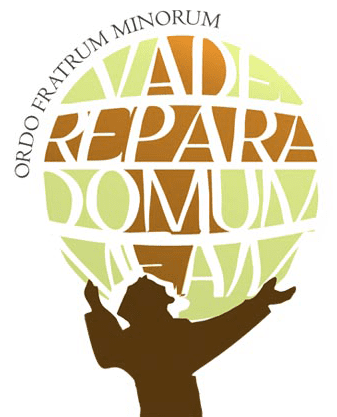OFM Congress: Enzo Bianchi’s Three Elements for Evangelization
Communications Manager Bridget Higginbotham blogs about her experience last month at the Order of Friars Minor first international congress on mission and evangelization.
What does “evangelization” mean and how do we do it? According to Enzo Bianchi, one of the first lecturers at the OFM Congresso, evangelization means to give witness and bear testimony, but not necessarily by using words. “If the Lord sends us among the peoples and the Lord does not permit us to speak, then it is enough to live in brotherhood and love.”
Bianchi is the founder and prior of Bose, an ecumenical monastic community in Italy made up of about 80 Christian men and women from five different countries. The value he places on prayer and community shone throughout his lecture, “Talking With God To Talk About God: The Heart of Every Evangelization.” This session really helped set the tone for the congress and was among my favorites.
The first part of Bianchi’s lecture was about the importance of communicating with God, which I summarized in a previous blog post.
In the second part of his lecture, Bianchi shared three elements we need for evangelization:
1. Being authentic – The authority of evangelization comes not from technique but conviction. With this conviction you need to exercise coherence. For instance, Jesus had a place of authority because he lived what he preached. This is also the magnetic appeal of the saints who lived what they preached as well – I mean, just look at St. Francis of Assisi. If you are authentic and faithful to your convictions than you will be trustworthy.
2. Becoming neighbor – We need to become neighbors and practice drawing closer to one another. “We live in a world where the neighbor has died,” Bianchi lamented. We are no longer capable of proximity, but the mission of the Christ was built on proximity. It is from this proximity that we learn how and who we speak to.
Often in mission field we are working with the poor, but Bianchi adamantly says that we should never define who the poor are. “’Who are the poor?’ that is an absurd question! Get to know your neighbor. You do not first determine what his poverty is or you will categorize and imprison him in your own schema. And that is not Christian charity.”
Jesus wasn’t trying to figure out who the poor were, he just said, “Who is my neighbor?” And the neighbor has a potential to be a collaborator and an equal. It takes a converted heart to see people as a “neighbor” and not an “other.” If you only see what they lack, then you don’t see what they bring.
3. Sharing the Gospel without cultural bias–We need to know how to take the Gospel and nothing else but the Gospel when we go out. As in, we need to bring the Gospel in its purest form. “We need to remove Western culture to so we can bring the Gospel and it can flourish anywhere,” Bianchi said.
All three of these elements made me think of our lay missioners, their three months of pre-mission formation, and the approach we hope they have in their ministries.
I also got to thinking: While being authentic and neighborly are far from effortless postures, they seem easier to do than totally checking our cultural baggage at the door. How do we even begin to try? While Bianchi did not have a firm answer, he did emphasize the importance of invoking the Holy Spirit and having a great humility.
If you speak Italian, you will enjoy watching his lecture from the congress, which is available on YouTube. English speakers can enjoy translations of several of his books.
Tagged in:


